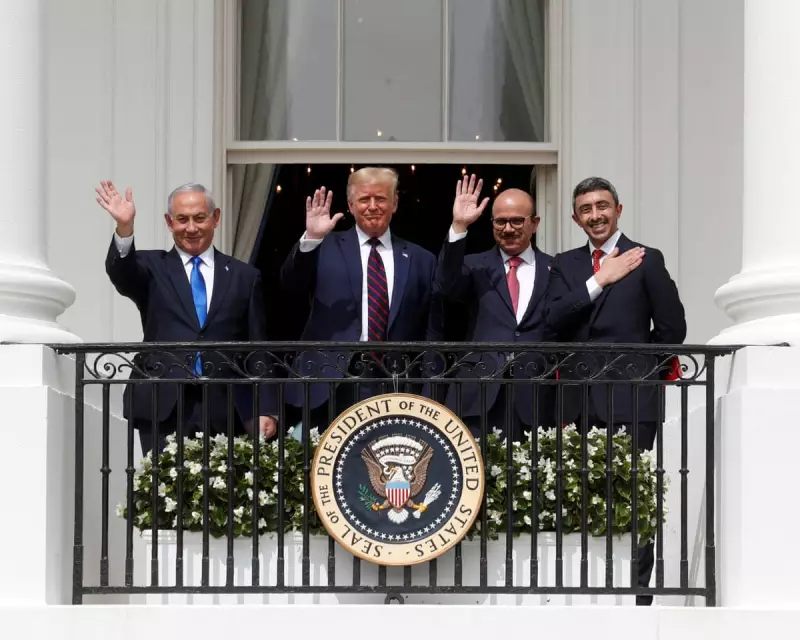
Israeli Prime Minister Benjamin Netanyahu has been left isolated and fuming after a coordinated move by several European nations to formally recognise Palestinian statehood, a decision that represents a significant blow to his government's diplomatic standing.
A Diplomatic Earthquake for Jerusalem
The announcements from Ireland, Spain, and Norway have triggered a furious response from the Israeli government, which immediately recalled its ambassadors from Dublin, Madrid, and Oslo. Foreign Minister Israel Katz denounced the recognition as a "reward for terrorism," a clear reference to the recent Hamas-led attacks.
However, despite the strong rhetoric, analysts suggest Mr Netanyahu's capacity for a meaningful counter-response is severely constrained. The recognition by these nations, while symbolically powerful, does not materially alter the situation on the ground. Yet, it signals a profound erosion of international support for Israel's long-standing position that Palestinian statehood should only emerge from direct negotiations.
Limited Options for a Weakened Leader
Mr Netanyahu's room for manoeuvre is limited by several critical factors. With Israel's military heavily engaged in Gaza and facing ongoing tensions on its northern border with Hezbollah, the government can ill afford to further alienate its European partners. More drastic measures, such as imposing sanctions on the recognising countries, are considered highly unlikely and counterproductive.
The Prime Minister's domestic political woes add another layer of complexity. Leading a fragile coalition government, any move perceived as too weak could destabilise his administration. Conversely, an overly aggressive response risks deepening Israel's international isolation at a time when it needs global support.
A Shifting Geopolitical Landscape
This coordinated European recognition marks a pivotal moment in the Middle East peace process. It underscores a growing impatience with the stalled negotiations and a willingness to pursue alternative paths towards a two-state solution. The move is likely to increase pressure on other Western nations to reconsider their own positions.
For now, Mr Netanyahu's strategy appears to be one of vocal condemnation paired with limited practical action. He has lambasted the decision as a "prize for Hamas," but his government's subsequent steps—the recall of ambassadors—are largely symbolic. This delicate balancing act highlights the precarious position of a leader caught between a hardening international community and unyielding domestic political pressures.
The coming weeks will be crucial in determining whether this recognition proves to be a symbolic gesture or the catalyst for a broader, more consequential shift in international policy towards the Israeli-Palestinian conflict.





